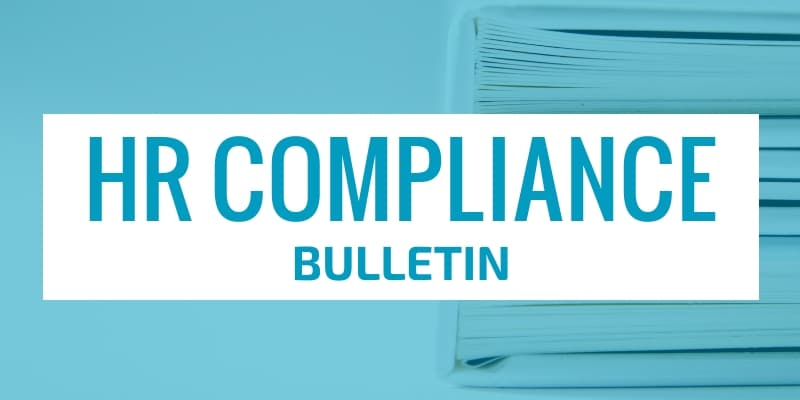02 Apr New California COVID-19 Leave Law Is Retroactive to Jan. 1
[wpseo_breadcrumb]
The leave requirement takes effect March 29, 2021, but is retroactive to Jan. 1, 2021.
 Under a new law, California employers with more than 25 employees must provide up to 80 new hours of supplemental paid sick leave for specific COVID-19-related reasons.
Under a new law, California employers with more than 25 employees must provide up to 80 new hours of supplemental paid sick leave for specific COVID-19-related reasons. The Centers for Disease Control and Prevention (CDC) has released a report on the effectiveness of COVID-19 vaccines in real-world conditions.
The Centers for Disease Control and Prevention (CDC) has released a report on the effectiveness of COVID-19 vaccines in real-world conditions. This article is for parents and caregivers who are concerned about COVID-19 in their children and teens. It compiles expert guidance from the Centers for Disease Control and Prevention (CDC) and provides helpful links that may be of use to caregivers.
This article is for parents and caregivers who are concerned about COVID-19 in their children and teens. It compiles expert guidance from the Centers for Disease Control and Prevention (CDC) and provides helpful links that may be of use to caregivers. On March 23, 2021, the Centers for Medicare & Medicaid Services (CMS) announced that it is extending access to a special enrollment period (SEP) through Exchanges on the federal www.HealthCare.gov platform due to the coronavirus (COVID-19) pandemic.
On March 23, 2021, the Centers for Medicare & Medicaid Services (CMS) announced that it is extending access to a special enrollment period (SEP) through Exchanges on the federal www.HealthCare.gov platform due to the coronavirus (COVID-19) pandemic. Vaccinations are a critical way to keep yourself and the public at large healthy.
Vaccinations are a critical way to keep yourself and the public at large healthy.